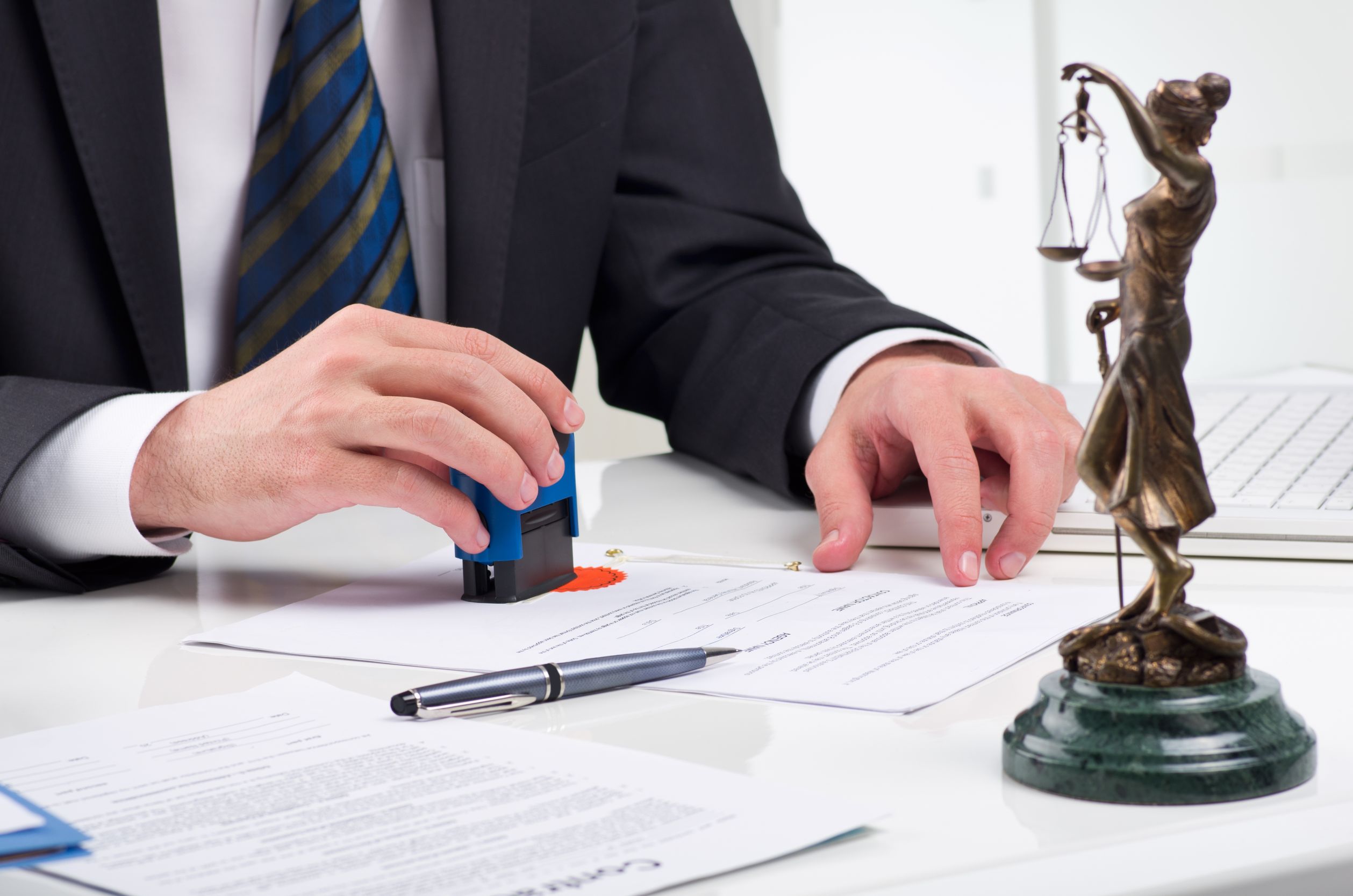Bankruptcy provides people with the opportunity to get a fresh financial start. Depending on the type of bankruptcy they file, this means the debts are dismissed or that they are structured into a court-approved repayment plan including terms the debtor can reasonably manage. But what can be done to Eliminate debts you incur after you file for bankruptcy? The answer depends on what type of personal bankruptcy the debtor has filed.
New Debt and Chapter 7 Bankruptcies
For debtors who opt for Chapter 7 bankruptcies, the understanding is they will be responsible for all debts incurred after filing date. This means if the debtor goes out and purchases a new vehicle or manages to secure a new credit card after the filing, those debts will still be in place once the court approves the filing. There are no mechanisms that would allow the debtor to add those new debts after the fact.
Depending on the circumstances, there is the possibility of the court dismissing the original petition and allowing the debtor file again. Along with being a rare event, there are usually some time limits involved. For example, up to six months could need to pass before the court would entertain a second petition from the same debtor.
New Debt and Chapter 13 Bankruptcies
Unlike a Chapter 7, the Chapter 13 does not dismiss debt. All it does is in place the debtor under the protection of the court. That same court oversees the repayment of the debts based on a set schedule. The action remains in effect until the final debt is paid in full.
It is possible to amend an existing Chapter 13 and Eliminate debts you incur after you file for bankruptcy. With the approval of the court, they are added to the current schedule. No further payments are made to those new creditors directly. Instead, they receive payments from the court based on the amended schedule.
In the best case scenario, the debtor is able to refrain from amassing any new debt until the current bankruptcy action is completed. Even then, the expectation is that any new debt will be managed responsibly. For help with filing a bankruptcy action or dealing with debt accrued after a filing, see a bankruptcy attorney today.


